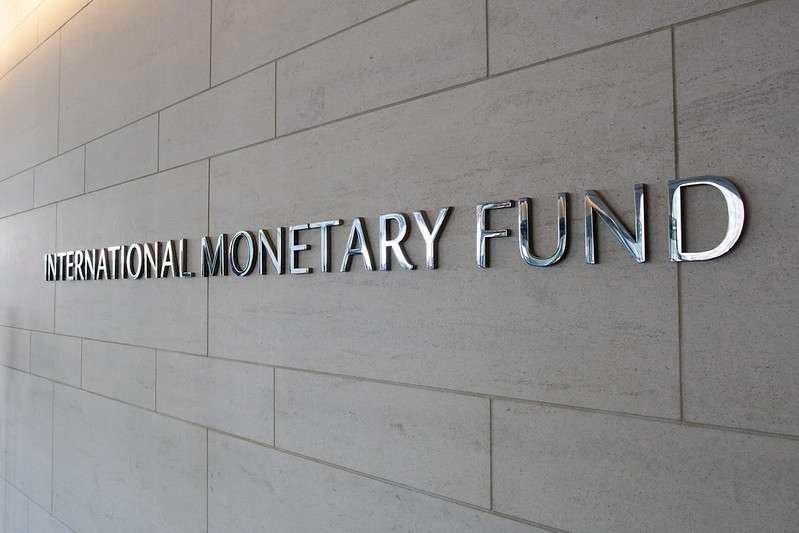IMF Official Presents Blueprint for Cross-Border CBDCs – According to a representative from the International Monetary Fund, the introduction of novel frameworks for cross-border central bank digital currencies (CBDCs) has the potential to enhance efficiency and security. These platforms would enable countries to enforce compliance checks and maintain capital controls.
Tobias Adrian, the director of the IMF’s monetary and capital markets department, believes that a single global CBDC platform capable of accommodating capital controls could significantly reduce payment expenses. However, this concept diverges greatly from the aspirations of decentralized financial systems cherished by cryptocurrency enthusiasts.
People Also Read: CoinEx Settles With NYAG and Banned From Operating in New York
“Our blueprint for a new class of platforms would enhance and ensure greater interoperability, efficiency, and safety in cross-border payments, as well as in domestic financial markets,” Adrian said in a speech given in Rabat, Morocco. “The cost, sluggishness, and opacity of cross-border payments comes from limited infrastructure.”
According to Bloomberg, earlier on Monday, Kristalina Georgieva, the Managing Director of the IMF, stated that the organization is diligently working on establishing a global infrastructure that would facilitate interoperability among various central bank digital currencies (CBDCs).
This proposed system, detailed in an IMF Fintech Note released on the same day, aims to enable payments to be executed without divulging sensitive personal information to intermediaries. Additionally, it would promote liquidity savings by allowing contracts to be pledged as collateral, while maintaining the inherent fungibility of money.
Tobias Adrian initially introduced the concept of a CBDC platform in September. “The ledger would be controlled by the platform operator,” Adrian added, apparently rejecting more innovative ideas such as blockchain-based validation. “The single ledger would ensure there is a unique description of who owns what, so no double spending can occur.”
Adrian emphasized that governments would retain the authority to restrict their citizens’ foreign currency transactions and enforce anti-money laundering measures. The IMF is cautious about undermining capital controls that are typically implemented by countries experiencing financial crises.
People Also Read: Judge Rejects SEC’s Request to Freeze Binance.US Assets
While proponents of cryptocurrencies often highlight the convenience of cross-border payments, there is significant opposition to relying solely on blockchain solutions, as regulatory bodies aim to uphold government controls. The Bank for International Settlements and private entities like SWIFT are exploring alternatives that involve centrally issued CBDCs, adding to the competition in this space.
The Committee on Payments and Market Infrastructures, which is associated with the Bank for International Settlements, is currently examining the implications of stablecoins, which are tokens pegged to the value of a specific fiat currency. In contrast, a report published by the European Central Bank last year cast doubt on the notion that cryptocurrencies can effectively reduce international payment expenses.




